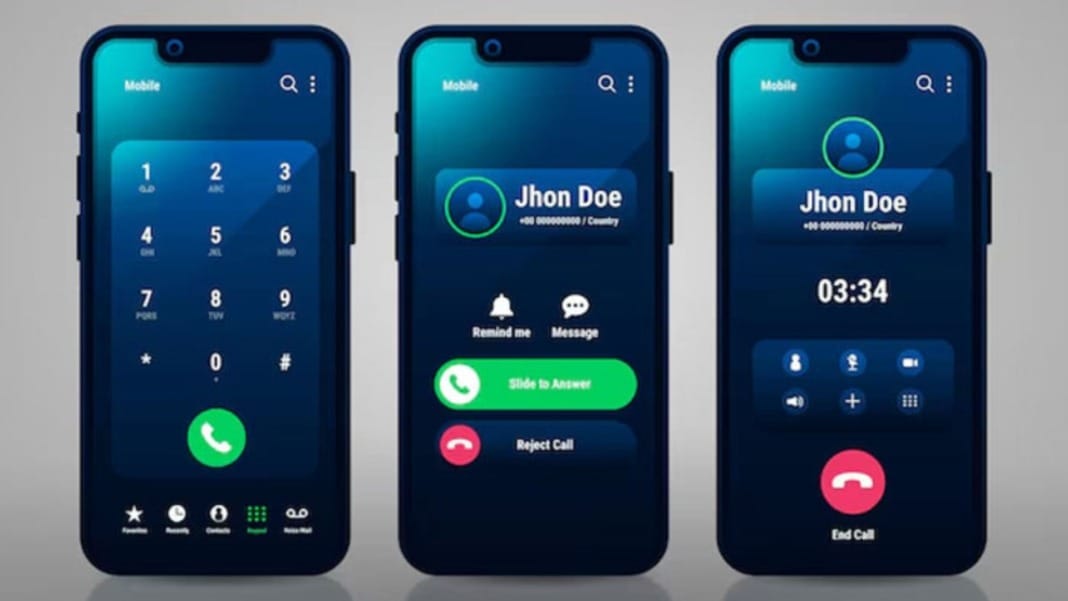You’re now able to use Truecaller to create an AI version of your voice to answer your calls. Truecaller, a popular app known for identifying and blocking spam calls, has partnered with Microsoft’s Azure AI Speech to offer this innovative feature.
Truecaller’s new feature allows you to record your voice, which the AI will then learn to replicate. This collaboration with Microsoft’s Azure AI Speech means the AI can generate a voice that sounds just like you. According to Raphael Mimoun, Truecaller’s product director and general manager, this “groundbreaking capability not only adds a touch of familiarity and comfort for the users but also showcases the power of AI in transforming the way we interact with our digital assistants.”
Enhanced call screening
Truecaller’s AI Assistant screens incoming calls, letting you know why someone is calling. This gives you the option to either pick up the call or let the assistant handle it for you. This feature, initially introduced in 2022, is available only in select countries. Users could previously choose from a set number of pre-recorded voices, but now you can personalise the experience even more by using your own voice.
At the Build conference, Microsoft showcased Azure AI Speech’s personal voice feature, which allows you to record and replicate voices. However, Microsoft has noted that this feature is available on a limited basis and is primarily intended for specific uses, like voice assistants. To ensure ethical use, Microsoft automatically adds watermarks to AI-generated voices and has a code of conduct requiring full consent from people being recorded to prevent impersonation.
This development marks a significant step forward in personalising digital assistants. While it remains to be seen how well the AI-generated voice will perform compared to your own voicemail message, the integration of AI into everyday technology continues to evolve, making your interactions with digital assistants more natural and personalised.





